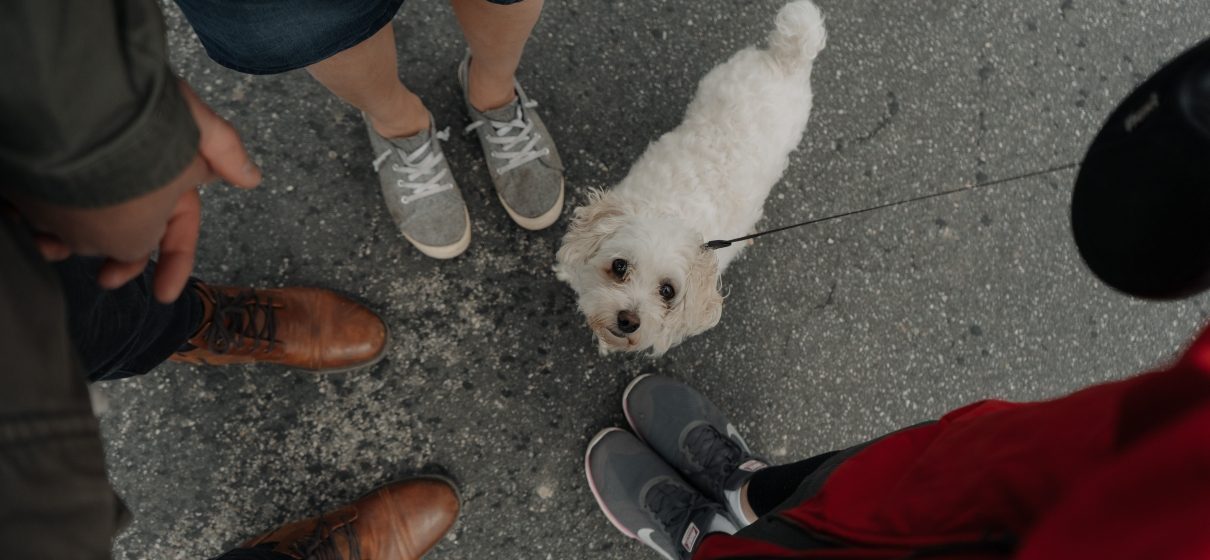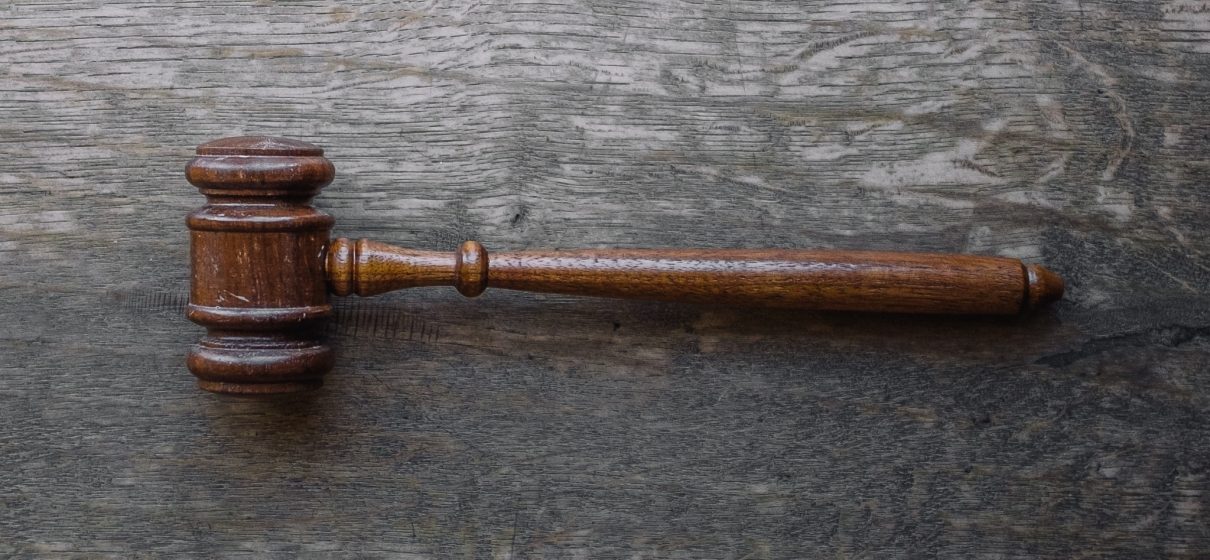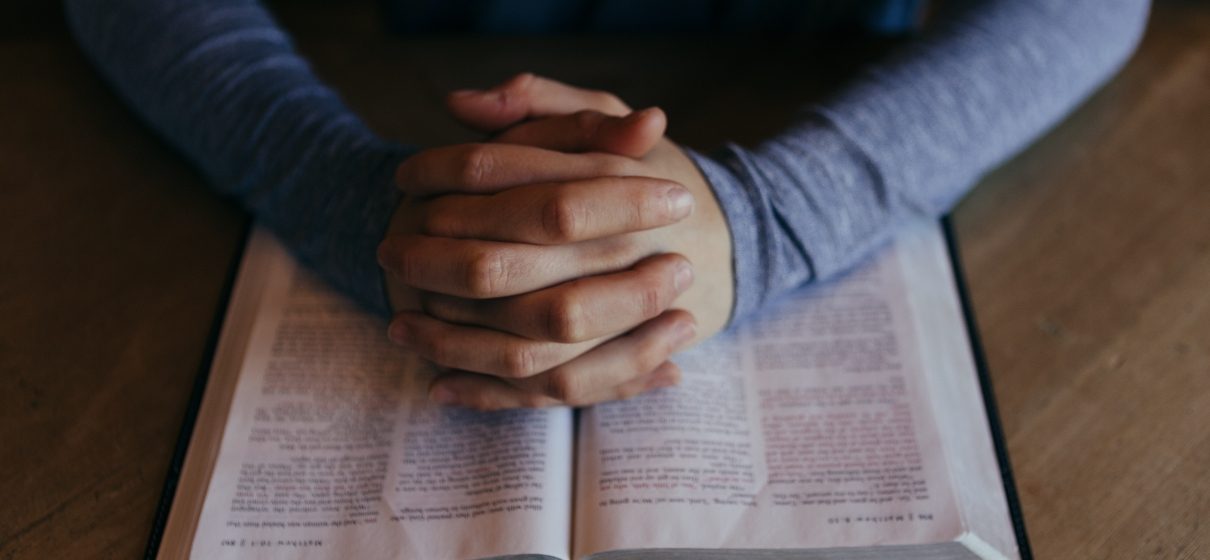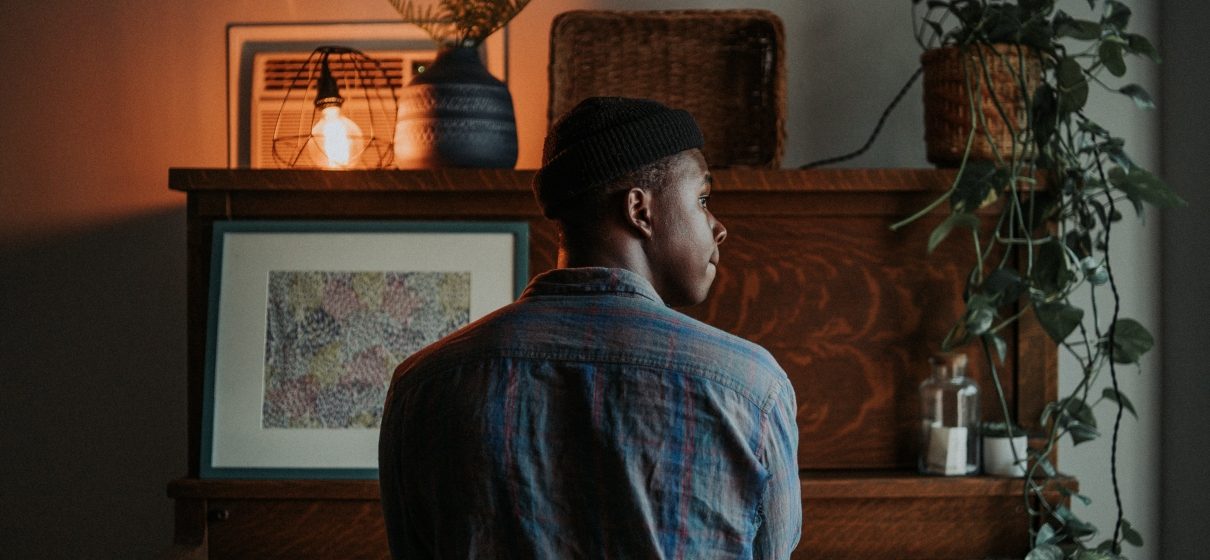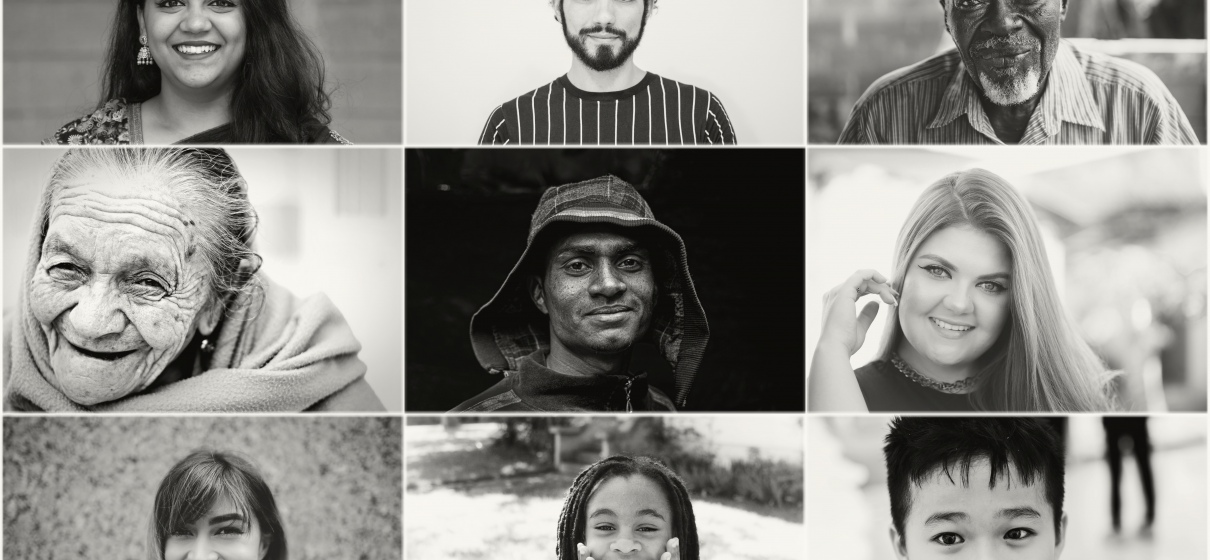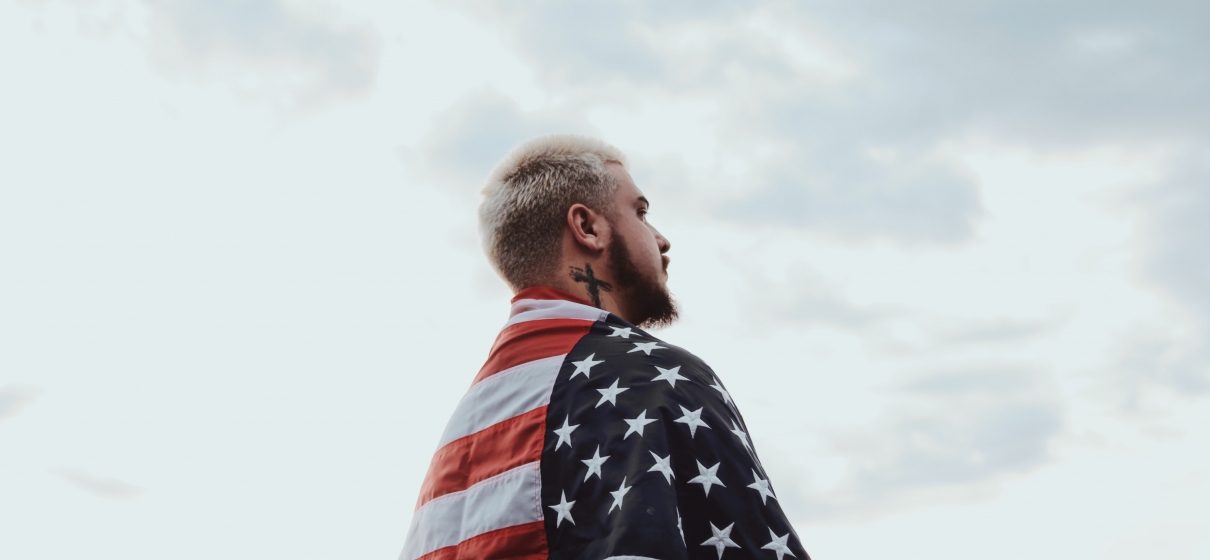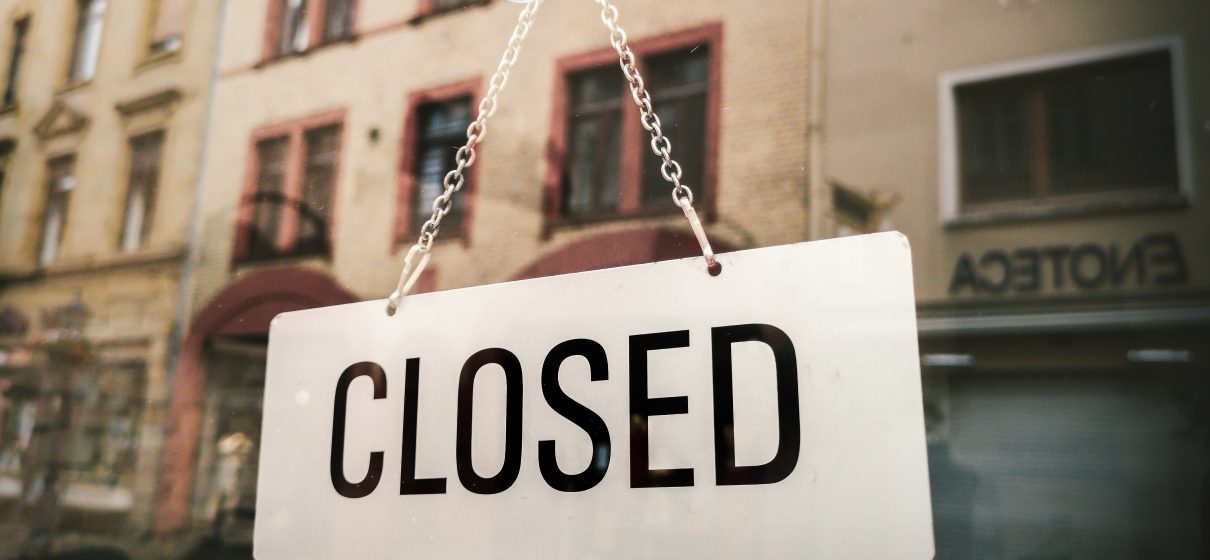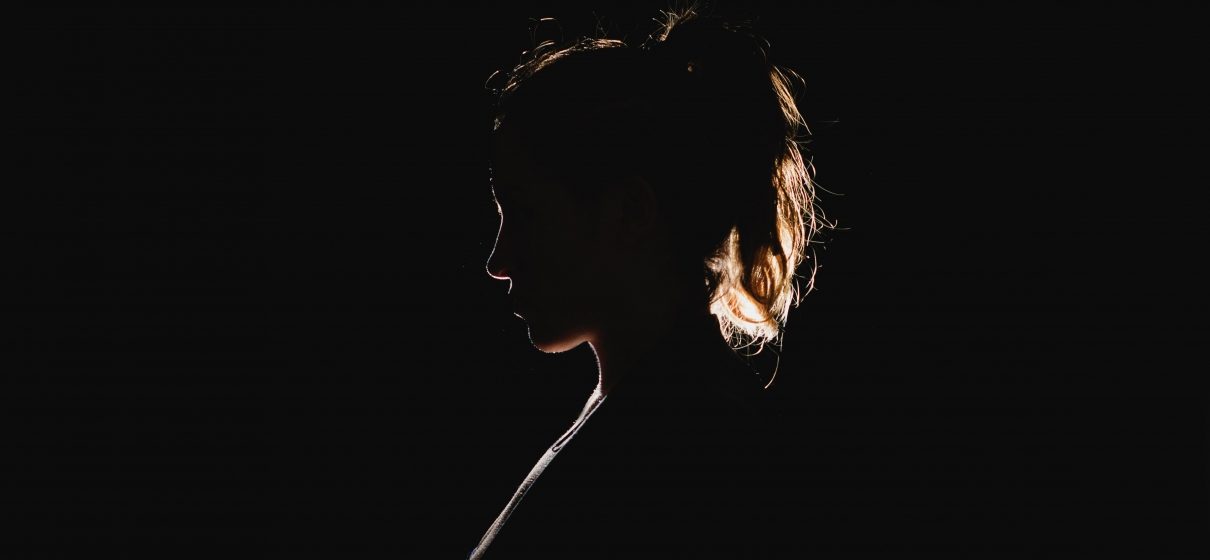In His Image
The pro-life story starts where they all start…
“In the beginning, God created the heavens and the earth.”
One of the first things we learn about God is that he is the creator of everyone and everything. He takes the chaotic, formless, empty, and darkness and begins to create. He takes what is chaotic and brings order. He takes the turmoil and brings peace. He takes what is dark and makes it light.
And the crowning moment of his creation is mankind: “So God created man in his own image, in the image of God he created them; male and female he created them.” And it was “very good.”
God made humans in his image to represent him in this new world, to further the kingdom and rule of the Creator. Being made in his image means that every single human being has value, dignity and worth simply because of who their creator is. It’s a value that no one can give or take away.
Living into our true value informs our purpose and identity here on earth. Just like the creator we represent, we are also called to bring light, peace and life to all that is dark and chaotic.
So, how does this intersect with the pro-life movement?
Pro-life should not just be something we talk about as a political weapon. It should be a high value for all citizens of God’s kingdom all the time. We love and value life, and therefore, we should not think that the circumstances surrounding conception need ever determine the value or worth of any human life. We love the mother. We love the father. We love the child. And we long to fight for them, alongside them, and to one day welcome them into the safe, loving, and supportive family of God.
Several years ago, when I was pregnant with my first child, I began volunteering at the Center for Pregnancy. It’s a nonprofit organization that provides resources (including material, emotional, and spiritual support during pregnancy and through the first year of a child’s life) free of charge to anyone in the community.
I always had a heart for the pro-life movement but during my time at the Center for Pregnancy, my eyes were opened to so much I hadn’t seen before.
Many of our clients were caught in cycles of abuse and neglect, facing the overwhelming news of pregnancy with inadequate financial, emotional, and family support. Their choices were often based on fear of rejection or condemnation, helplessness, and feeling unable to survive on their own, let alone bring a child into their current situation. They would often walk in with a heavy load of loneliness, confusion, stress, doubt, anxiety and fear, and yet somehow that would all be mixed with joy and wonder. Many earnestly questioned whether or not they had permission to be excited about the new life growing in them.
The clients became my dear friends as I watched their bellies grow week by week. I felt their babies kick and then got to hold those babies in my arms.
I learned so much during my time there, but more, something actually changed inside of me. I realized that being pro-life was bigger than just being anti-abortion. Being pro-life means we are champions and advocates for the physically, emotionally, and sexually abused; the impoverished, the hungry, the single moms, the orphans, the victims of sex trafficking, the poor, the weak – all who are most vulnerable.
In the heated political climate we find ourselves in, the issue is often portrayed as either supporting the woman or supporting the unborn baby. But as Christians, we know this is not an either/or issue. It’s a both/and. We respect women and we respect the baby. We cannot water down the pro-life movement by confining it to political platforms, because it’s bigger than that. This is a kingdom issue.
“Speak up for those who cannot speak for themselves, for the rights of all who are destitute. Speak up and judge fairly; defend the rights of the rights of the poor and needy.”
– Proverbs 31:8-9
For women who have walked the road of abortion, sometimes just hearing the word can trigger unbearably painful memories and emotions that feel impossible to escape. But as a church, we are called to have the utmost compassion for anyone who has experienced this life-altering pain.
If that’s you, I pray that today you can take a step in your journey of recovery and healing by hearing the unchanging truth of the Gospel. I would encourage you to embark on a journey to meet your Creator who knows everything you have ever done, sees you at your very worst, and still loves you with a compassionate, patient, and merciful love.
If you already know the love of Christ, I pray you will preach the Gospel to yourself today and every day by resting in his grace. No sin is greater than the love of God. Our mistakes cannot outrun the unending fountain of grace he offers. The gospel is offered to all of us, even though none of us deserve it.
For anyone whose life hasn’t been touched in some way by abortion, I pray that you would be an encouragement and strength for those whose have. I pray that you would meet physical, material needs as you can, and that you would continually lead men, women, and children to the only one who can mend these deepest of hurts.
God’s light will always shine brightest in the deepest darkness. May we be people who reflect that light wherever we go.


